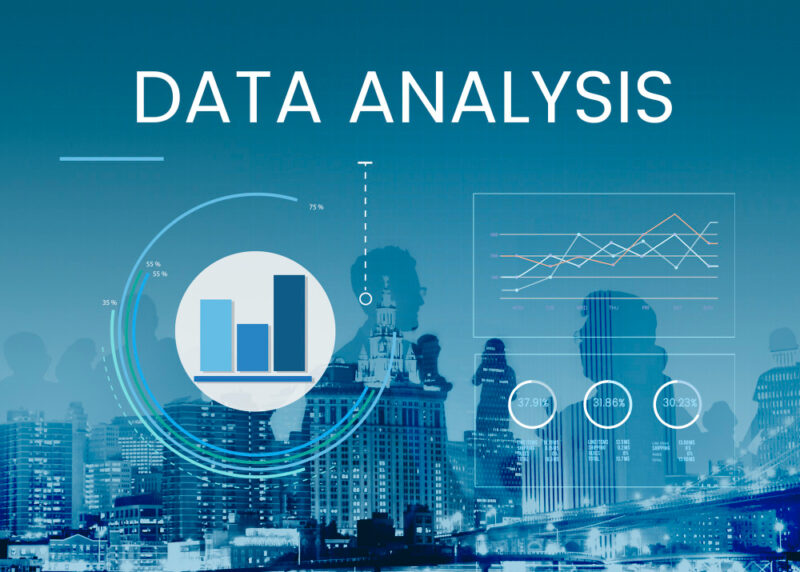Data analytics is such a crucial aspect of the modern business decision making process that its importance cannot be stressed enough. In fact, it would provide better clarity to the reader if we were to focus on some of the most important ways in which data analysis positively impacts the decision making process. Let’s get straight to it.
Going Beyond Statistical Analytics
A common misconception about data analytics is that it is not anything new, provided that statistical analysis and interpretive results have been a part of decision making for decades at this point. In truth, data analysis goes far beyond the limited scopes of traditional statistical analytics by incorporating Big Data, applied economics, and AI-powered algorithms.
Expert data analysts today utilize business statistics as just one of their several sources of data, thus going far beyond in size, scale, scope, accuracy, and applicability than the old processes. The modern data analyst processes, selects, and then organizes relevant sets of Big Data with the help of smart algorithms to create several pools of pertinent information. Then that data is analyzed to create predictive models that are made even more accurate with the help of smart toolsdesigned for data analysis.
Preparing Solutions Separately for Each Identified Problem
If you study data analytics, you will learn that it can also help in detecting and solving active problems in commercial sectors. There are several different types of predictive models,for instance,and each of them are used to solve unique problems, before reintegrating the solutions into synchronized business decisions.
For example,the regression model is a classic statistical model that’s still used to solve problems related to identifying market factors that affect the performance of long term investments. On the other hand, cluster models are utilized to identify and isolate certain characteristics in identified customer groups, so that they can be further used to predict customer behavior in the near future.
Applying the Predictive Models
The fact that several young business leaders across the globe have a strong academic foundation in applied economics and data science is not a coincidence. However, you don’t necessarily need to be an aspiring entrepreneur to get a graduate certificate data analytics. You can just as well start by building a career as a data analyst and then go from there where you choose.
Nevertheless, whether the predictive models are prepared by the same person who owns the business, or someone who works for them, their application remains the same. That is to say, predictive models based on data analytics are applied in real business decision making processes to:
- Forecast trends, demands, expected changes in market conditions, potential risks, and much more.
- Assess risk vs reward scenarios in financial sectors.
- Evaluate past marketing results, compare ROI, and predict the best possible way in which to redistribute the marketing budget next year.
- Detect potential internal and external risk factors to the business.
- Offer alternative paths and solutions to avoid the risks and solve the problems for better results.
These are just a few examples to help readers understand how the decision making process at every level in influenced and improved through the process of data analysis. The scope is far too great here to mention them all, which is exactly why data analytics and predictive modelling have become such important tools in business today.










